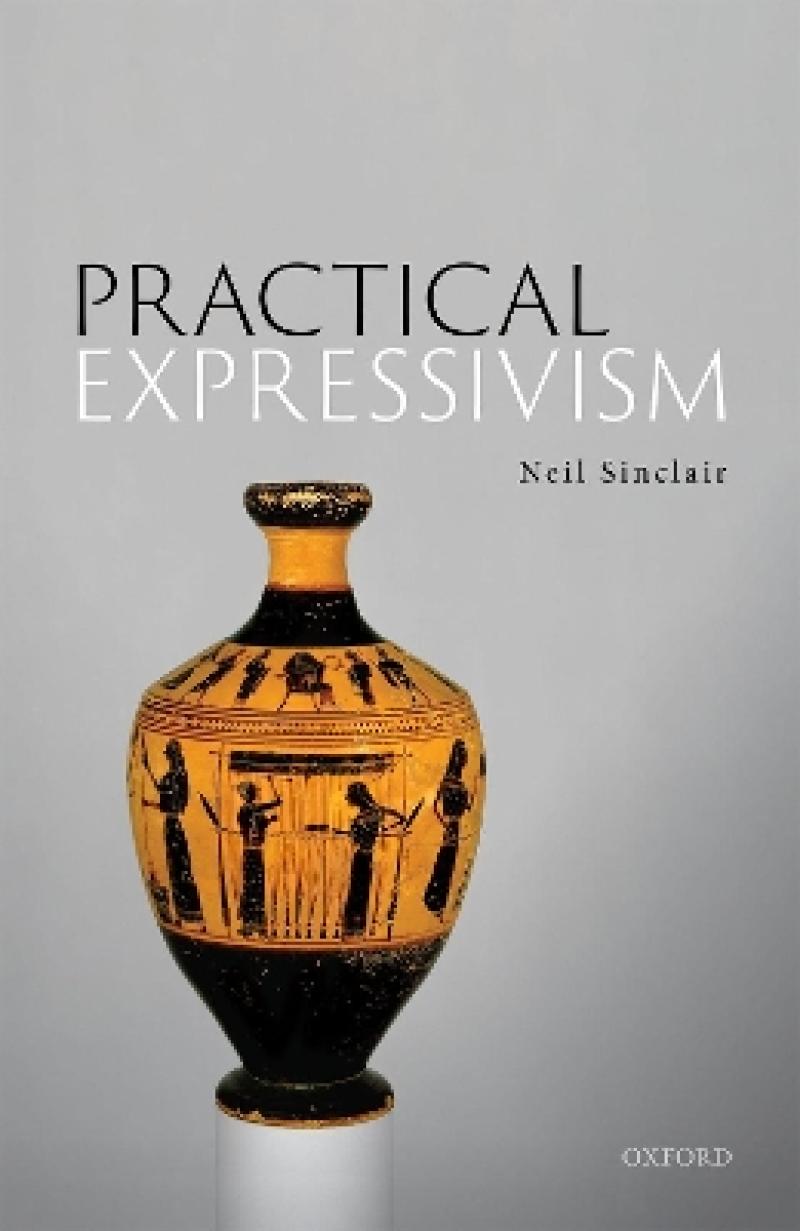The accommodation project that Sinclair articulates seems mightily laudable, and his attempt to execute significant chunks of it contains a lot that is helpful and of interest with regard to the prospects of expressivist views in metaethics.
Teemu Toppinen, Tampere University, Ethics
While explaining and defending practical expressivism, Sinclair discusses many key controversies in metaethics. Valuable for students and scholars of moral philosophy, ethical theory, and metaethics.
J. R. Shook, CHOICE
Anyone interested in metaethics can find a lot to learn and think about in this superb book, and I am sure it only marks the starting point in systematic thinking about the view it champions.
S. Kohler, Philosophical Review
